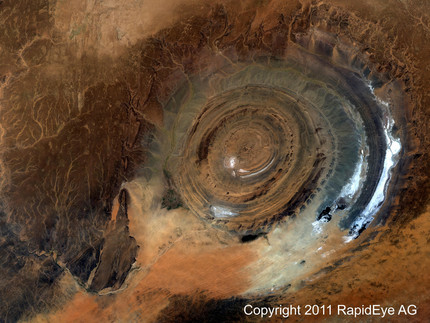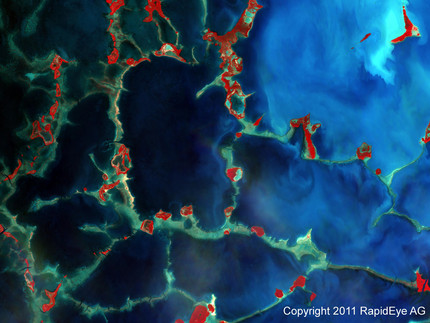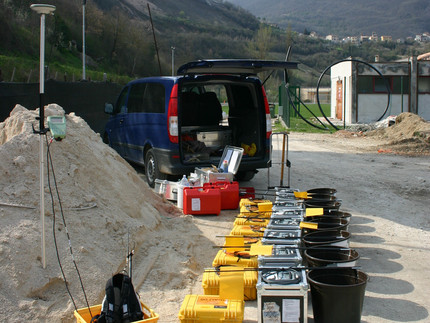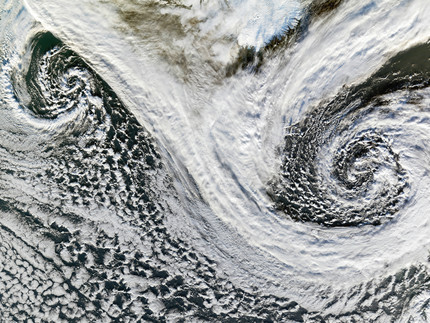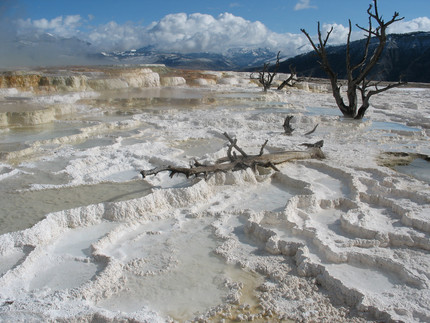Priority Subjects
The societies of the twenty-first century stand before enormous challenges resulting from globalization, population growth and increasingly scarce resources. The earth sciences must make a significant contribution to overcoming these challenges. This applies above all to our vulnerability to natural dangers, the impacts of global change, and the supply of raw materials and energy. In the earth system, the smallest disruptions are often enough to unleash major irreversible changes within a short time, leading subsystems with self-regulating balance to shift into an unstable condition, sometimes with global consequences. The non-linear character of natural process chains calls for intense observation at different spatial and temporal dimensions and scales, as well as a transdisciplinary combination of earth system research with other disciplines. Natural processes therefore present us with a twofold challenge: on one hand, we must strive to better understand physical processes, especially in order to take preventive measures and to understand the recurrence, or possible new combinations, or processes. On the other hand, we must learn how we can better equip ourselves to deal with natural or human-influenced processes, what risks we are willing to take, and how we want to deal with the contamination and destruction of our natural environment in the future. In this context, and due to a strong increase in international networks in geosciences research, new conditions have emerged for earth system analysis, and there have been changes in the demands placed on educational programs and the competitiveness of our graduates.
The earth sciences meet these global challenges with an interdisciplinary, modern and integrative concept of research and teaching. This concept is based on the analysis and characterization of changes in our environment, and efforts to better understand the mechanistic principles of processes on the basis of rigorous data collection and synthesis from various sources, as well as with the aid of modeling tools. The program examines the interactions between the processes in the earth's core and on the earth's surface as well as the atmosphere, in various scales of space and time, and then evaluates the significance of the findings for society. The common element is the identification of system conditions across a broad range of temporal (from seconds to thousands or millions of years) and spatial (from nano-scale to continental scale) measures while incorporating recent data from monitoring systems and historical recordings, as well as the incorporation of information from geological archives on time scales of 103 to 106 years. These activities are interwoven with our aspiration to educate and train students and young academics through interdisciplinary programs in an international environmental, to evaluate future developments, and to formulate strategies. The following fields represent central foci in research and teaching:

